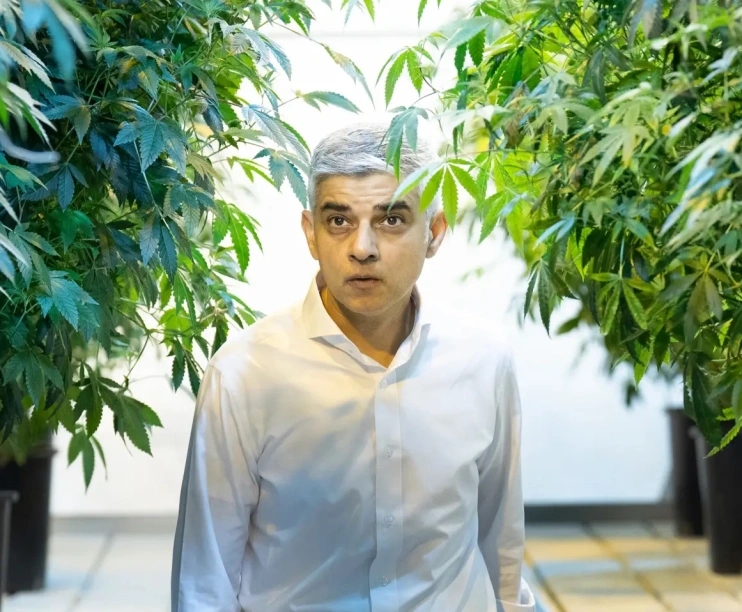Britain could be getting high on the benefits of a full-scale medical cannabis industry

One in five of the world’s best-selling prescription drugs are developed in Britain. And, with the legalisation of medical cannabis in 2018, the UK has an opportunity to capitalise on a new market. But while the regulatory framework is being developed, and patient studies are underway, there is a significant way to go to deliver on the promise of these life changing medicines, even with our reputation for best-in-class pharmaceutical research.
In the UK, there are eight million people who report chronic pain. The majority of these are prescribed opioids, a situation that some are referring to as an epidemic. A further 600,000 have epilepsy and millions more struggle with an anxiety disorder. All these conditions – and many more – can be treated with cannabis products. Yet, as things stand, the medicine is not yet making its way to patients.
In 2021, just 20,000 people were prescribed cannabis products for medicinal use in the UK. Contrast that with the 220,000 Australians prescribed similar medicines, or even the estimated 1.8 million Brits who acquire black market cannabis for medical reasons every year.
There are three main factors impeding access. First, all cannabis products currently available in the UK are imported from abroad. As a controlled drug, importing is costly and slow. Domestic growing of pharmaceutical-grade medical cannabis is essential to removing this bottleneck. The medicines regulator in the UK has recently provided clarification on the licensing process, giving more certainty to the level of scrutiny which UK cultivators and manufacturers will be subject to across every stage of the supply chain. This will help.
But, the process for patients to access cannabis products is prohibitive – NHS funded prescriptions are much too difficult to come by. And there still exists a concerning lack of awareness of the uses of these medicines, with a recent study finding that little over half of the UK population were aware that they are legal.
In addressing these challenges, businesses must take a truly pharmaceutical approach to these medicines to ensure products made in the UK are at the front of the pack in terms of quality. That means operating to Good Manufacturing Practice, the internationally agreed standard for pharmaceutical products, which the NHS requires. Plants must then be processed with something known as “active pharmaceutical ingredients”, usually in oil form, ready for manufacturing into finished medicinal products with easily measured dosages.
According to a report by investment bank Bryan Garnier released earlier this week, just three licences to grow commercial medical cannabis have been issued by the Home Office. As things stand, the high-quality pharmaceutical businesses that the UK sector so badly needs are few and far between.
Ensuring we are growing these products to the standard required is just one step. Companies investing in the development of medical cannabis should also allocate money to R&D, including clinical trials. The more robust data we have, the more confidence doctors will have to prescribe them and regulators to pay for them.
Of course, the government has a role to play, too. More active engagement will help in understanding the sector’s needs. This must be supplemented by grants and R&D support, especially to help fund more clinical trials. Additionally, educating clinicians on cannabis-based medicines is critical to driving prescription rates, and is best led by the state.
There is a huge opportunity here for both patients and British business – but we must be patient-first, innovative and collaborative. A pharmaceutical approach, high quality UK-production, clinical trials, the support of the NHS and our world-class universities, and forward-thinking regulators – all need to play their part to ensure this industry flourishes and delivers for patients.
